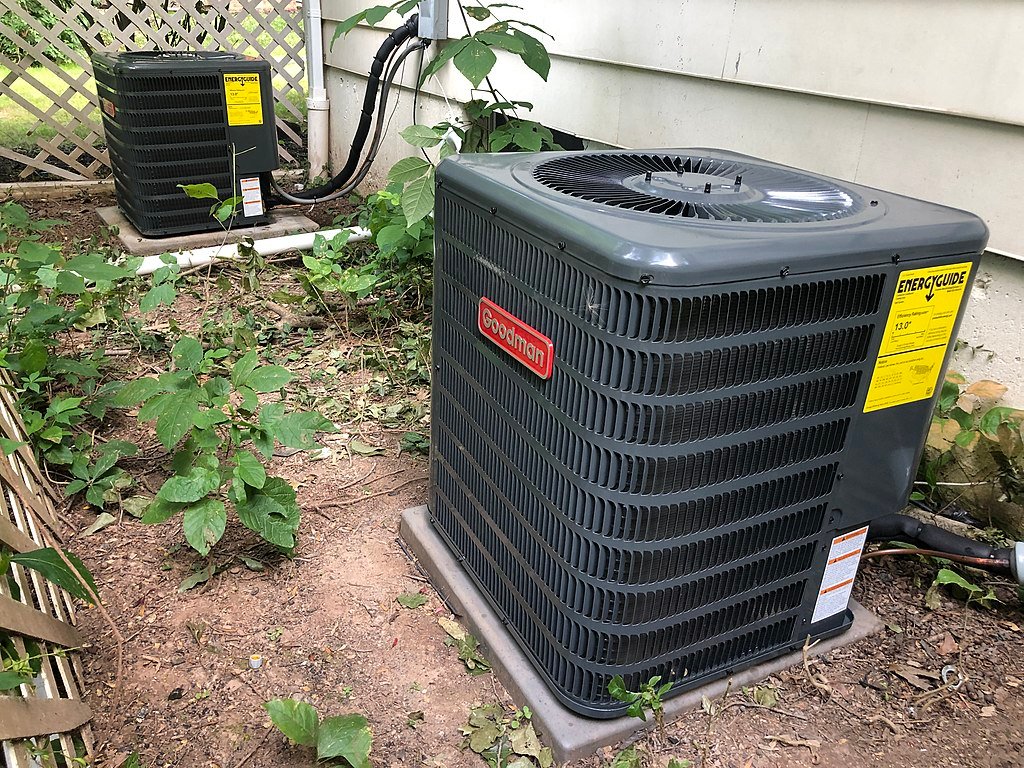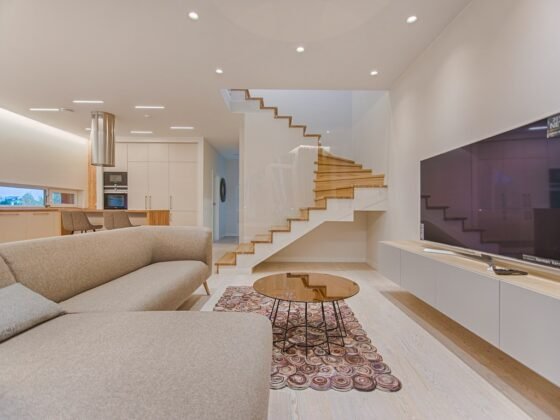Table of Contents Show
Particularly during the colder months, having a heating system that keeps turning on and off can be a source of aggravation for homeowners. This condition, which is known as short cycling, may result in discomfort, lead to wasted energy, and drive up the cost of heating.

Short cycling can be a frustrating and costly problem for homeowners, but it can be prevented with regular maintenance and professional inspections.
By understanding the causes of short cycling and taking proactive steps to prevent it, homeowners can ensure the efficiency and safety of their heating system.
If you are experiencing short cycling with your heating unit, don’t hesitate to call a professional HVAC technician to get fast and reliable AC Services in Mesa, AZ.
Let us understand why a heating unit continues going on and off in this post, as well as explore the potential sources of the problem and potential remedies.
What Is Short Cycling?
When the heating system repeatedly switches on and off, typically in cycles that only last a few minutes, this condition is known as short cycling. This is something that may occur with any kind of heating appliance, including boilers, heat pumps, and furnaces.
The short cycling of your heating system not only lowers its overall effectiveness but also poses a risk of causing damage to the equipment, which may result in expensive repairs or replacements.
As a result, it is essential to have an understanding of the reasons behind the occurrence of short cycling as well as the steps that may be taken to stop it.
Read Also:
Causes Of Short Cycling
Let’s have a look at some of the common causes of short cycling in heating units.
Incorrect Size of Heater
A heating unit that is too large for the space it occupies is one of the most prevalent factors that contribute to short cycling. When a heating system is too large for the space it is supposed to heat, the space will be heated too quickly, and the system will then shut off.
Because of this, the system attempts to keep the temperature at the desired level, but it frequently turns on and off as a result.
Incorrect calculations made during the installation process can cause oversized heating units, as can changes made over time to the insulation, windows, or doors of the home.
It is vital to have a load calculation performed by a competent heating specialist in order to establish the appropriate size of the unit for the area in order to avoid short cycling, which may occur when the unit is too large for the space.
Blocked Air Filter
A blocked air filter is yet another potential source of short cycling. If the air filter is dirty, it will restrict the flow of air through the heating system. This will cause the system to overheat, which will then cause it to turn off.
A system that has a dirty air filter will operate less efficiently, which will drive up the cost of heating the home.
Air filters in residential properties should be inspected on a consistent basis, and replacement should occur every three to four months or as directed by the manufacturer. This straightforward preventative maintenance activity has the potential to avoid short cycling and increase the system’s lifespan.
Low Refrigerant Level
In heat pumps, short cycling may also be caused by insufficient amounts of the refrigeration fluid. In heat pumps, the refrigerant is an essential component because it is responsible for drawing heat from the surrounding air and transferring it inside the residence.
When there is not enough refrigerant in the system, the heat pump will have a difficult time warming the house, which will cause it to cycle on and off frequently.
Leaks in the system, which should be repaired by a trained HVAC technician, can be the cause of low levels of refrigerant.
Incorrectly Set Thermostat
Incorrect settings on the thermostat are another potential source of short cycling. If the thermostat is not operating correctly, it may not precisely estimate the temperature in the house, leading the heating system to switch on and off needlessly.
There is also the possibility that a faulty thermostat will cause the heating system to run continuously, which will result in increased energy costs. Checking the thermostat on a regular basis and replacing it if necessary are both responsibilities that fall on homeowners.
Faulty Limit Switch
A faulty limit switch is another potential cause of short cycling in a motor. In the event that the heating system reaches its preset temperature, the limit switch will automatically turn it off.
Because of the potential for the limit switch to malfunction, the system might be shut down too soon, resulting in short cycling. The limit switch can be inspected by a trained HVAC technician, who can then replace it if it turns out to be defective.
Obstructed Or Leaking Ducts
A ducting system that is either obstructed or has leaks may be the root cause of short cycling.
Because the heated air is unable to move freely through the system when the ductwork is either clogged or leaking, the heating unit cycles on and off frequently. Incorrect installation, damage, or the natural aging process can all contribute to ductwork issues.
A qualified HVAC technician will be able to inspect the ductwork system and make suggestions regarding any necessary repairs or replacements.
Conclusion
Homeowners should be aware of the possible causes of short cycling and take proactive steps to prevent it. Regular maintenance, such as changing air filters and having the heating system inspected by a professional technician, can prevent short cycling and extend the life of the unit.
Preventing short cycling is not only important for the efficiency of the heating system but also for the safety of the home. A heating system with short cycles can overheat and cause fires or carbon monoxide poisoning. Therefore, it is important to address short cycling as soon as possible.
If you notice that your heating unit is short cycling, the first step is to check the air filter and replace it if necessary. If the air filter is not the problem, it is important to call a professional HVAC technician to inspect the system.
In some cases, short cycling can be prevented by upgrading the heating system to a more efficient unit. Newer heating units are designed to be more energy-efficient and can save homeowners money on their heating bills.
A professional HVAC technician can recommend the best heating unit for your home and perform the installation.









